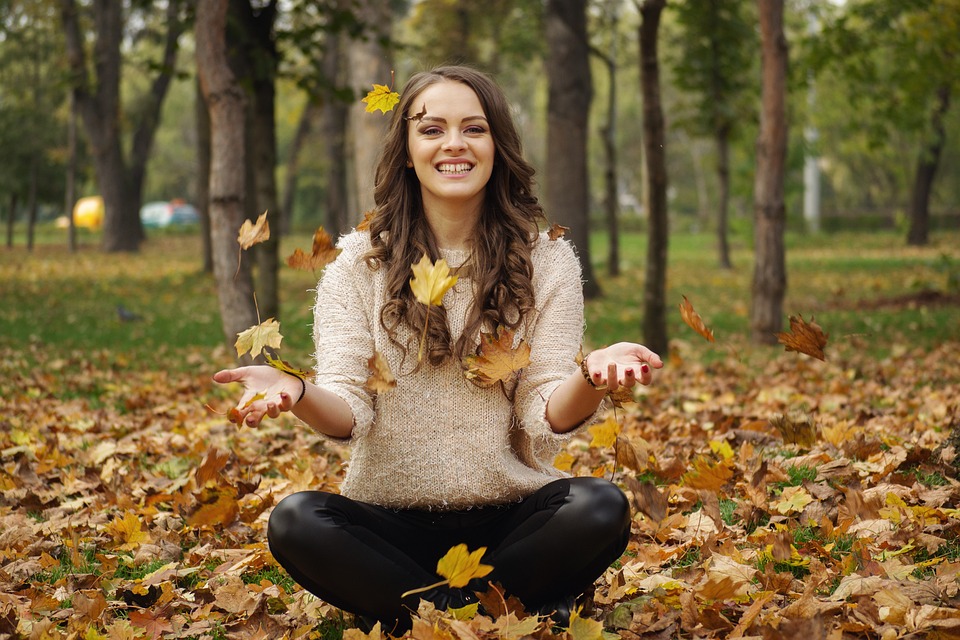Unveiling the Power of Makeup: Exploring the Symbolism and Significance
Introduction
Makeup has been utilized throughout history to enhance beauty, express creativity, and even convey cultural and societal meanings. From ancient times to the present day, makeup has held a significant place in various cultures worldwide. In this article, we will delve into the symbolism and significance of makeup, exploring its transformative power and shedding light on why it remains an essential tool of self-expression.
I. The Evolution of Makeup: From Ancient Times to Modern Culture
A. Ancient Origins: Egypt, Mesopotamia, and Ancient Greece
– The use of cosmetics in ancient Egypt as a symbol of status and spirituality.
– Mesopotamian influence on cosmetic practices.
– The significance of makeup in ancient Greek society.
B. Renaissance and Victorian Eras: Religious, Class, and Fashion Statements
– The association of paleness with higher social classes and religious devotion.
– Elaborate face powders and rouges of the Victorian era.
– Symbolism and social implications of a masked face during Venetian carnivals.
C. The Makeup Revolution: 20th Century and Beyond
– The transformation of makeup from a symbol of wealth to an everyday commodity.
– The rise of Hollywood and its impact on beauty standards.
– The impact of social media on the visibility and accessibility of makeup.
II. The Symbolism of Makeup: Enhancing Beauty and Self-expression
A. Confidence and Empowerment
– The psychological impact of makeup on self-esteem.
– Makeup as a tool for self-expression and self-identity.
– Empowering individuals to present their desired image to society.
B. Transformation and Persona Alteration
– The ability of makeup to transform physical appearance and create different personas.
– The theatrical and dramatic use of makeup in performing arts.
– The distinction between everyday makeup and artistic transformations.
C. Cultural and Societal Symbols
– Significance of makeup in cultural traditions and rituals.
– The use of makeup to express one’s cultural heritage or affiliation.
– Subcultures and social movements adopting specific makeup styles to represent their ideals.
III. The Business of Makeup: Economics, Marketing, and Consumer Behavior
A. The Beauty Industry: A Multibillion-dollar Business
– The economic significance of the cosmetics industry.
– Influences of fashion trends and celebrity endorsements on consumer demand.
– The impact of social media influencers on makeup sales.
B. Gender and Identity: Beyond Traditional Beauty Standards
– Expanding makeup market to cater to all gender identities.
– The role of inclusivity and diversity in beauty campaigns.
– The emergence of gender-fluid makeup artists and brands pushing boundaries.
C. Ethical Considerations: Cruelty-Free and Sustainable Practices
– Consumers’ growing demand for cruelty-free and sustainable makeup products.
– The rise of ethical and eco-friendly makeup brands.
– The impact of consumer preferences on the industry’s practices.
FAQs
1. Can makeup really enhance one’s self-esteem?
– Yes, makeup can boost self-esteem by allowing individuals to present themselves as they desire and empowering them to feel more confident in their appearance.
2. Is makeup cultural appropriation?
– The use of makeup to adopt elements from another culture without proper understanding or respect can be considered cultural appropriation. It is important to appreciate and acknowledge the origins of the makeup style while avoiding misrepresentation or disrespect.
3. How has social media influenced the makeup industry?
– Social media has revolutionized the makeup industry by providing a platform for makeup artists, influencers, and brands to showcase their work, reach wider audiences, and influence consumer trends.
4. What are some sustainable makeup alternatives?
– Sustainable makeup options include cruelty-free products, vegan formulas, and packaging made from recyclable materials. Additionally, some brands prioritize ethical sourcing and production practices.
Conclusion
Makeup has far-reaching cultural, societal, and personal significance beyond its surface-level application. From its ancient origins to the present day, makeup has continuously evolved to reflect changing cultural ideals and individual expression. By embracing and exploring the symbolism and significance of makeup, we gain a deeper understanding of its transformative power and the role it plays in our lives.




